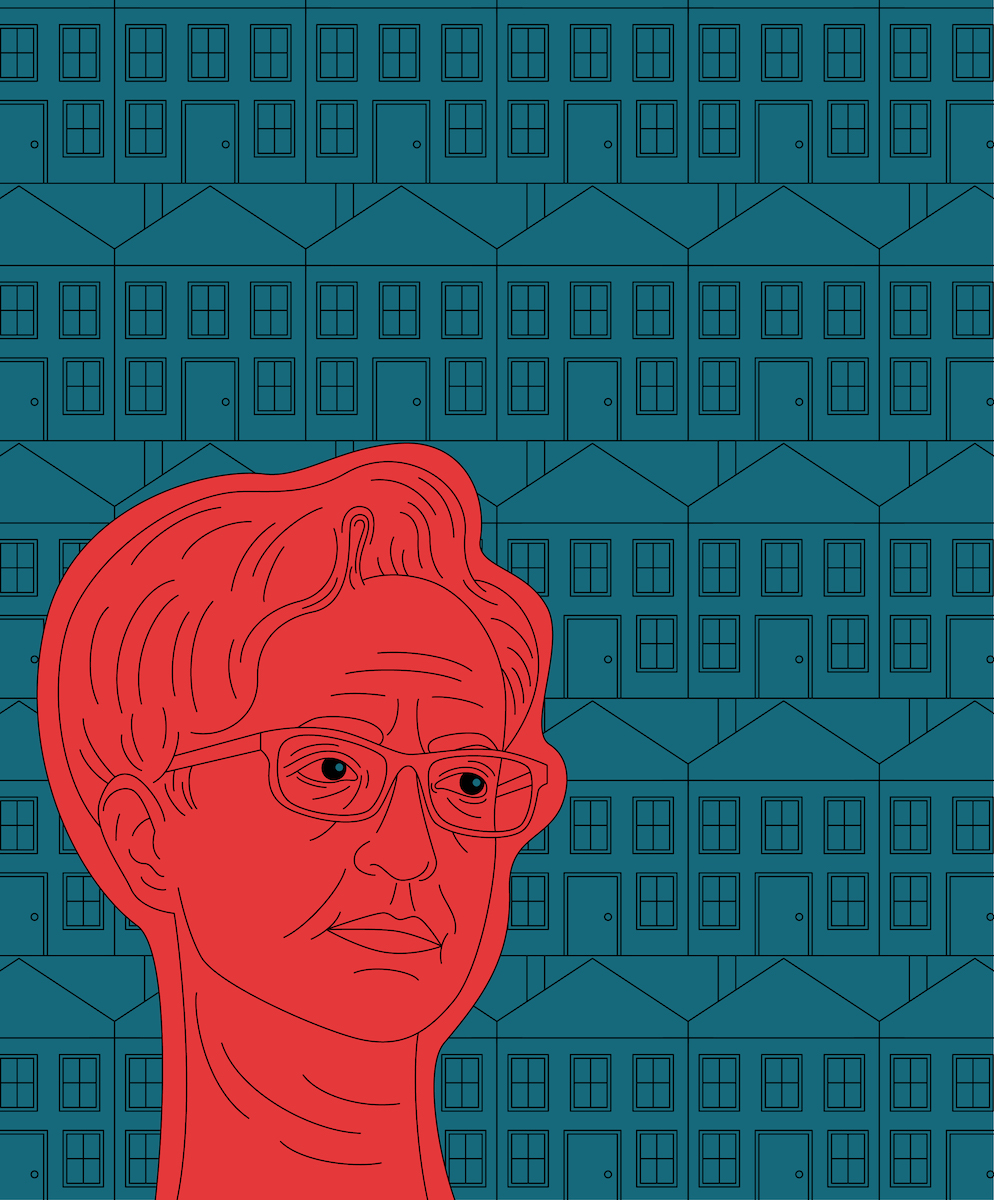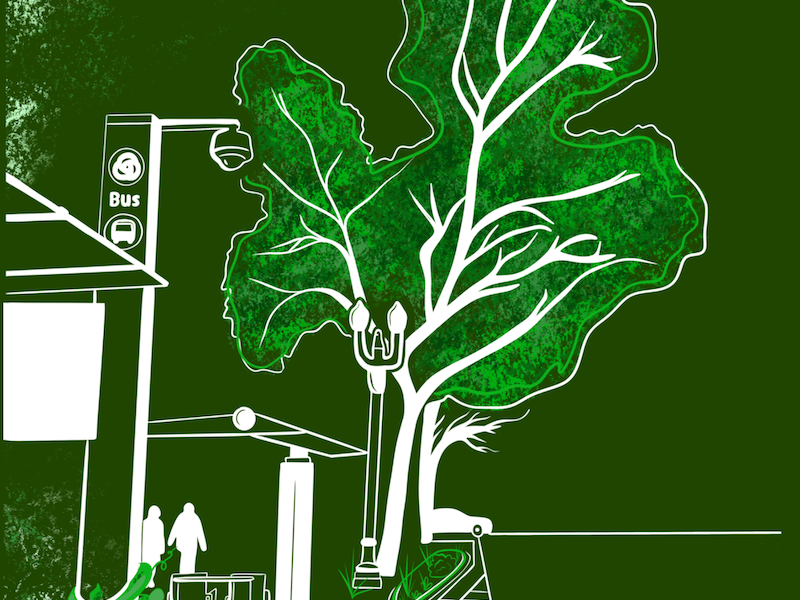Jan. 9 marked the beginning of a new chapter for Oregon as Tina Kotek took her place as Oregon’s 39th governor. A former state House speaker, Kotek won the gubernatorial race by several percentage points over Republican Christine Drazan, a former state legislator, in November’s election. Her inaugural address took place at the Oregon House of Chambers on a Monday afternoon.
At the forefront of her commitments, Kotek declared a housing state of emergency, an echo to her campaign promise of being more aggressive on the homelessness crisis within the state. Within her inaugural address, Kotek said that aside from declaring a state of emergency, she will also sign an executive order to push the state government to create 36,000 homes a year—an 80 percent increase over recent construction trends.
To meet trends of a burgeoning population, Oregon needs to build more than 550,000 new housing units over the next two decades, as state demographers and economists have estimated.
In a surprising callback to Governor Vic Atiyeh, who served as Oregon’s 32nd governor from 1979 to 1987 and was the last Republican governor in the state to date, Kotek paraphrased his words in her inaugural address.
“I have and will continue to listen, and not just only to those people who have the means and the urgency to press their case in Salem,” Kotek said. “I will be in your own communities, not talking to you, but meeting with you… I will listen to you, the elected representatives of our people, and to the many dedicated workers in our government who truly want to serve people. I will listen to all.”
Kotek referenced a conversation she had with a member of the Portland community who worked at a nonprofit shelter serving survivors of domestic and sexual violence. The shelter offers a safe place to stay, but only temporarily. In this particular case, the shelter would only provide housing for 30 days, after which the survivors would be caught between a rock and a hard place—either becoming homeless or going back to their abuser.
30 days is often not long enough to find affordable, permanent housing. In data presented by the Oregon Housing Stability Council, the waiting lists for government-subsidized housing are several years long, particularly in metro areas like Portland and its surrounding areas. A growing concern of safe, affordable housing grips many Oregon residents, not just those affected by domestic abuse.
Douglas Byrd, an assistant professor of political science at Portland Community College, offered another perspective. “I think that there’s multiple interesting aspects to [Kotek’s inaugural address],” Byrd said. “The first is that she said she’d do this in the campaign and she has done it. The other thing is that it raises all sorts of questions that are very complex, such as her being the speaker of the Oregon House for 13 years. That does raise questions why all of a sudden now that she’s governor she’s taking steps when it could have been taken many years ago.”
Byrd wasn’t the only one that has been asking that question. Even before the Democratic primary for Oregon governor, questions were raised towards Kotek and her predecessor, Kate Brown, who share similar political profiles. Both hailing from Portland and the progressive wing of the party, the two shared much in common, not just in traits and ideals but also within the legislation. However, fractures appeared between the two as Kotek distanced herself more from Brown as the latter faced scrutiny and a weak approval rating from the handling of the COVID-19 pandemic.
“The biggest question is how is the plan [for solving the homeless crisis] going to look,” Byrd said. “The state legislature makes the decisions about these types of funding. Building all those homes sounds like a wonderful idea, but it’s not clear to me or anyone how it’s going to be paid for and how it’s going to specifically address people living on the streets. How are they going to afford to live in these houses?”
Another concern among constituents is accountability within all branches of the state government. Questions were raised about where the money for building new homes will come from, and the government has answered in the past. However, Kotek noted that more could be done and promised to make government benefits and services more accessible and friendly to the public.
“I am directing agency leadership—with my support—to prioritize customer service,” Kotek said. “That means being more efficient, more effective and creating systems that will empower the state’s 42,000 public servants to deliver for Oregonians. So many state employees are working incredibly hard to do their jobs, but struggle because of unnecessary bureaucratic barriers or outdated systems that do not meet the challenges of the day.”
For Portlanders, homelessness remains at the forefront of many people’s minds. Just several months ago, Portland Mayor Ted Wheeler passed a ban on homeless people around schools.
“This is an existential crisis for the city [Portland],” Byrd said. “Anyone that has gone into the city in the last couple of years has noticed that significantly, has seen a number of people on the street. The city center is going through a significant decline… really, I think the biggest issue for people is safety.”
Kotek also emphasized strengthening connections across the state. She pledged to visit every county in Oregon within her first year of office. Kotek emphasized that by listening to one another, finding more within details and coming together to create solutions, the governance will be able to deliver results on complex issues currently affecting the state.
Towards the end of Kotek’s address, the new governor welcomed the idea for people to help, to participate with not only ideas for the future but also for the communities. In an echo to her previous comments of coming together united in the way forward, Kotek made a call to action for all Oregonians to believe in our state and its future.
“I hope there’s some sort of ability to come with new leadership,” Byrd said. “So maybe there’s a zeitgeist and a feeling of a real possibility for change to be better. Not just for the people of Portland who are living in homes, but perhaps also for the thousands of people who are living a daily nightmare… maybe.”
Reporter Abby Jobe contributed to this story.






